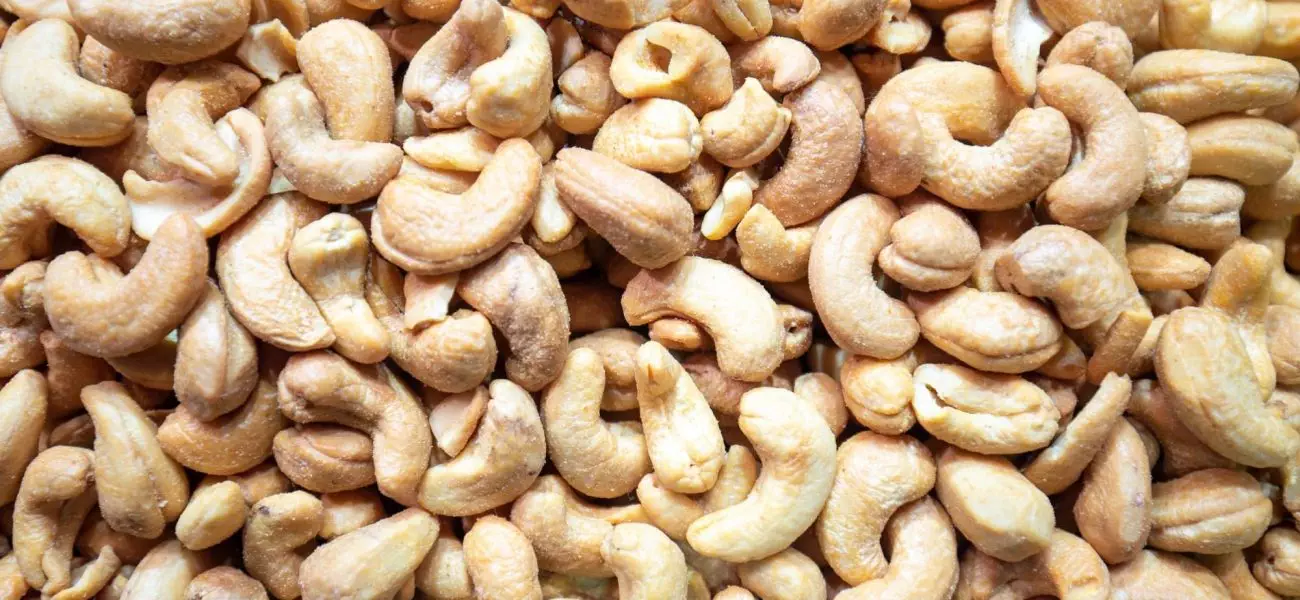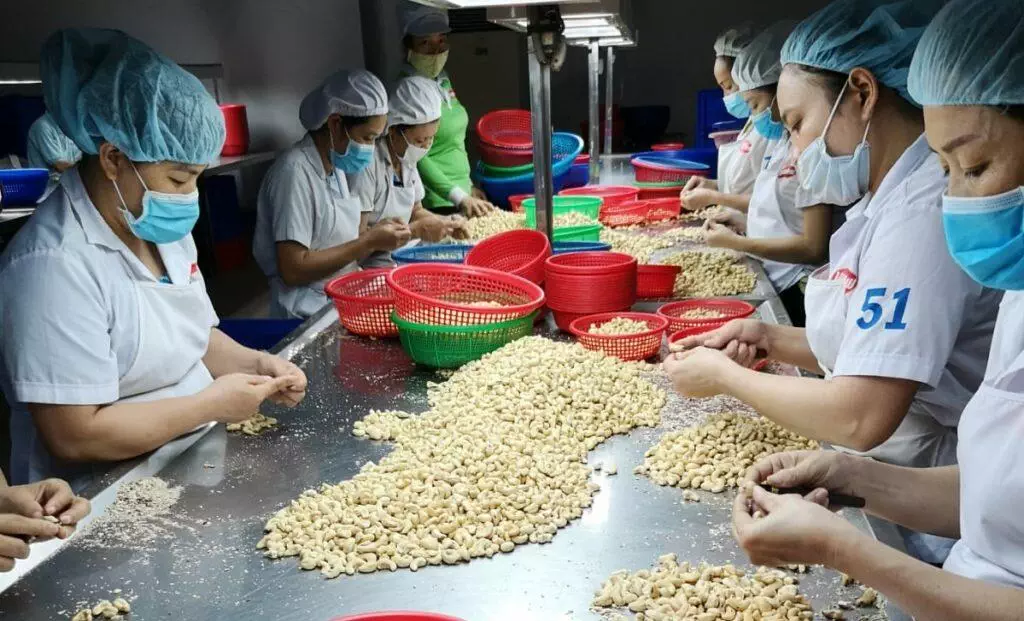Preliminary reports indicated risks of serious labour abuses in the cashew nut industry: Use of prison labour, child workers, unsafe working conditions and lack of contracts to name a few.
Is this really the situation? And if yes, what can we do about it?
Through investigations on the ground, we did find many challenges in the industry, though for some issues the situation was better than expected. Based on the findings we are setting up an action plan to be implemented in collaboration with local partners.
A journey to Vietnam
The work started in 2017 when Norwegian food retailers asked the Ethical Trading Initiative Norway (IEH) to embark on a journey of human rights due diligence in the cashew nut supply chain. It surprised me that they wanted us to focus on a product seemingly so marginal. Yet, a closer look revealed that cashew nuts are a high end product. The volumes in terms of value are substantial.
But where do the cashew nuts come from? Increasingly more of the cashew nuts are grown in African countries such as the Ivory Coast and Ghana, where they protect the soil from turning into deserts. But the African countries lack capacity to process the cashew nuts and remove its shells. So they ship most of them all the way to Vietnam that, with its huge processing capacity, has become the world’s leading exporter of cashew kernels. Vietnam also grows part of the cashews that they process.
Visiting farms
The next step was to map out the conditions at cashew processors and farms. With the help of ETI we found a highly qualified Vietnamese consultant with experience from similar projects. Her experience in dealing with local processors was essential to the success of the project. Access was tricky as the industry protects its reputation, and Government control also seems to make processors cautious. Though small-scale, the study included different kinds of processors – exporters and sub-contractors; state-owned and private; small family-owned, medium-sized and large – as well as cashew farms. The report showed us the risks across the industry.
Were these risks as we anticipated? I found the situation to be better than feared, but there is still a lot to be done. These days the use of prison labour, specifically drug detainees in rehabilitation centres that are forced to work in cashew factories, has fortunately become a marginal phenomenon. However, farmers lack knowledge about child labour requirements, and often children in the family work on the farms. We also found that farmers have poor knowledge and handling of pesticides. The ground water in certain farming areas was polluted and non-potable.
No contracts
The sub-contractors, shelling the cashew nuts, had little knowledge of labour legislation and most workers were employed without work contracts. There were also many health and safety issues. The study showed us that conditions were markedly better at the exporters, though more often than not, the management also acted as trade union representatives. Not surprisingly, these trade unions were not used by the workers to voice grievances.
So how to proceed? Recently we invited suppliers and industry stakeholders to a workshop in Ho Chi Minh City to present our findings and recommendations, and discuss the way forward. We were happy that the Vietnam Cashew Association (VINACAS) co-hosted the event with us, and likewise that Grete Løchen, the Norwegian Ambassador to Vietnam, gave the welcome address. This seems to have been a good starting point for local collaboration and for launching activities aimed at improvements.
Into action…
Now, our next steps are to make a work plan addressing the issues, collaborating with the local industry and stakeholders, and start putting prioritised activities into action. In principle this seems simple, but surely we will have many challenges along the way. But with persistence, we believe that we can have a real impact.
Finally, we would like to invite companies and suppliers, dealing with cashew nuts and wanting to contribute to improved conditions, to get in touch with us.

